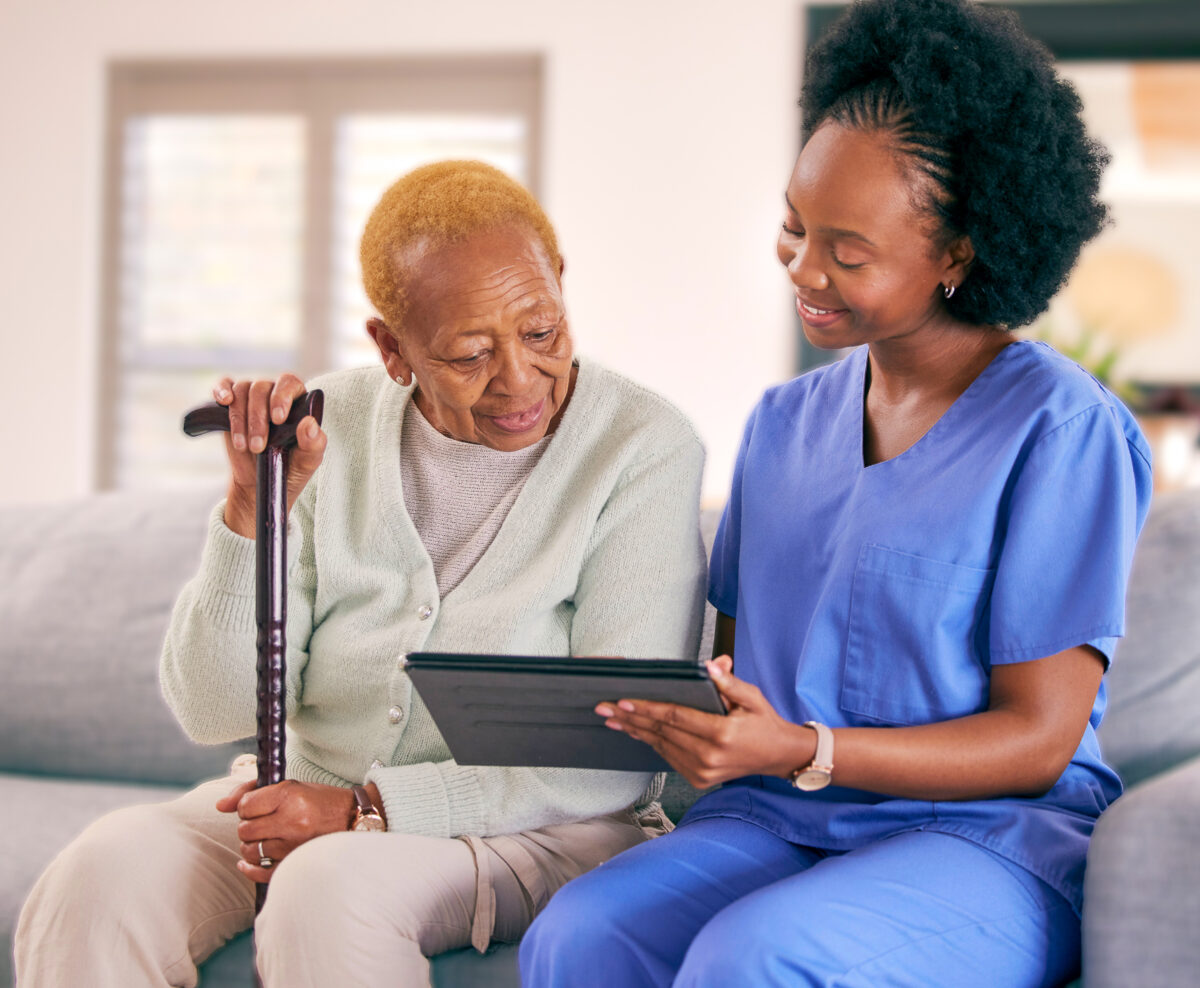Safety, security for city’s older adults remains a top priority
By Najja R. Orr, MBA, DBA, PCA president & CEO
Safety is top of mind for all people living, working and visiting Philadelphia. This is especially true for our city’s older adults, who have expressed concerns for their personal safety amid record-high gun violence and the ongoing COVID- 19 pandemic.
Neighborhood safety is among the top five areas of concern for older adults, as reported in a survey of advocacy priorities conducted by PCA last year. Improvements, such as reduced crime, better crosswalks and additional curb ramps, would help older adults to feel more safe and secure when they leave their homes.
It’s important to realize that increases in violent crimes have occurred throughout the country over the past two years. In fact, Philadelphia’s crime rate is currently about the same as other large U.S. cities, measuring slightly above average.
City officials and the Philadelphia Police Department have vowed their dedication to reducing crime and making the city a safer place for all, especially for those who are vulnerable.
“For those of us who live here, we know what it really is like all day, every day,” said Philadelphia Police Commissioner Danielle Outlaw in an interview for Fox 29. “I think we have to start looking at crime and public safety in Philadelphia as an ecosystem. It’s not just the police. It’s not just the administration. It’s also community. It’s all of the social services providers. It’s also the other stakeholders in the criminal justice system.”
The City of Philadelphia’s budget has increased funding for violence prevention programs and initiatives by 19%. According to a statement from the Mayor’s Office, “Responding to, and rebuilding from, the COVID-19 pandemic and its impacts, including on gun violence, has been and will continue to be the mayor’s focus. Many of the challenges facing Philadelphia — including the uptick in the number of shootings and homicides and the continued impacts of the drug and opioid crisis — are disturbing trends.”
Crime prevention tips
Following are some tips to help keep older adults safe from violence and other crimes in the community:
- Always plan your route ahead of time.
- Stay alert to your surroundings. Walk confidently with your head up.
- Have a companion accompany you, whenever possible.
- When traveling at night, stay in well-lit areas.
- Have your key ready when approaching your front door.
- Don’t carry large, bulky shoulder bags or dangle your purse away from your body.
- Carry only what you need: your keys, cell phone, small wallet and other necessities.
- Don’t carry or display large sums of cash when in public or stores.
- Never leave your purse or wallet unattendedin a restaurant or store.
- If you see something, say something.
- Call 911 to report a crime.
Beat the summer heat
Every year, the summer heat brings health complications for older adults, whose bodies have difficulty regulating temperatures. Pre-existing conditions and medications can further complicate this, making older adults more vulnerable to heat-related illness from extreme temperatures. That is why PCA has special provisions in place for when the temperatures climb, including our Heatline (215-765-9040) that goes into effect when a Heat Health Emergency is declared for the city.
Here are some tips to help you stay cool in the summer heat:
- Avoid direct sunlight when outdoors.
- Stay in air-conditioned buildings.
- Wear light, loose-fitting clothing.
- Drink plenty of water.
- Avoid alcohol, caffeine and sugary drinks.
Know the signs of heat-related illness and seek emergency medical attention if you experience the following symptoms in yourself or others:
- Heavy sweating.
- Pounding headache.
- Weakness, fatigue and/or dizziness.
- Nausea or vomiting.
- Very high body temperature.
- Confusion.
- Unconsciousness.
I want to also encourage everyone to continue checking on your older friends and neighbors who may be homebound, isolated or depressed. Let’s support each other and have a wonderful summer!




